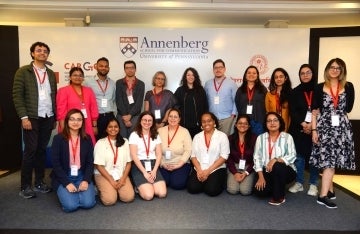Graduate Students Present Research Projects from SummerCulture 2017
Held in Vancouver, the program focused on Indigenous peoples and media in an Indigenous context.

Photo Credit: Stephen H / Unsplash
We begin by acknowledging that we are gathered today on the traditional land of the Musqueam people. We would like to pay our respects to Elders past and present and thank them for their hospitality.” This statement — called a land acknowledgement — is how each session of SummerCulture 2017 began.
Led by Barbie Zelizer, Raymond Williams Professor of Communication and Director of the Scholars Program in Culture and Communication, SummerCulture is a two-week immersive research experience for Annenberg graduate students held in a different foreign country each year.
This year’s program was hosted by T’ai Smith and Alfred Hermida, both professors at the University of British Columbia in Vancouver. The theme was “What are Media?” and focused on Indigenous peoples and media in an Indigenous context. Annenberg professor Jessa Lingel also accompanied the group.
At a colloquium on October 25, doctoral candidates Nour Halabi and John Vilanova and doctoral students Megan Genovese, Jennifer R. Henrichsen, and Hanna E. Morris presented their research from the trip.
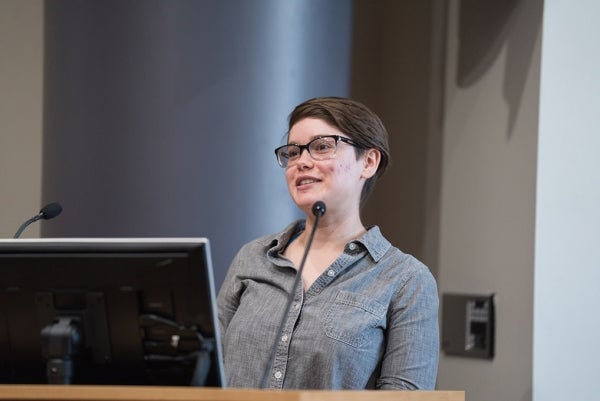
Megan Genovese’s project, entitled “Indigenous Superheroes: Rethinking Genre, Character, and Medium,” explored the concept of the superhero. She examined the stereotypes of Indigenous people typically found in superhero stories, and she considered how superheroes and superhero stories are different when developed by Indigenous creators, noting the importance for Indigenous youth to see themselves in these stories.
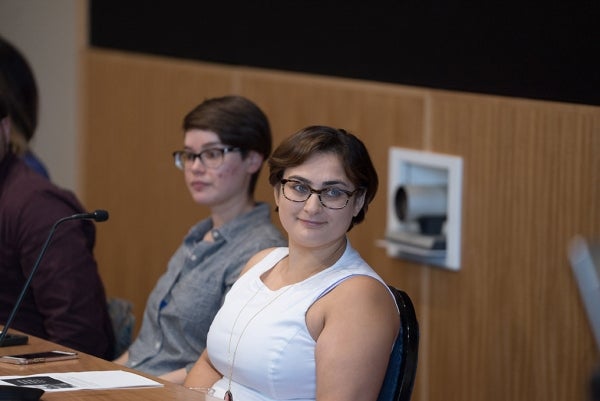
Nour Halabi examined the ideas of home, belonging, and hospitality in her project, entitled “Decolonizing Immigration Discourse(s).” She conducted interviews with immigration policy experts, resettlement agencies, and journalists to observe how highlighting indigenous history and epistemologies transforms media discourse on immigration and immigration policy.
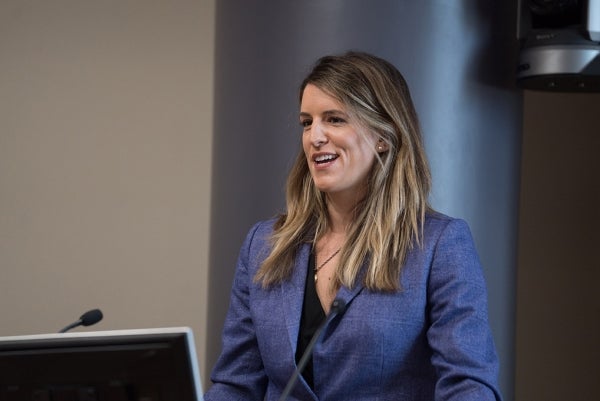
In her project, entitled “Indigenous Journalism and Trust in Media: A Case Study,” Jennifer R. Henrichsen examined how Indigenous journalists' experiences reveal key tensions about journalistic roles and authority, and by extension, trust in the media. Interviews with Indigenous and non-Indigenous journalists led her to argue that existing frameworks related to Indigenous journalism culture are too binary and need to consider additional constructs.
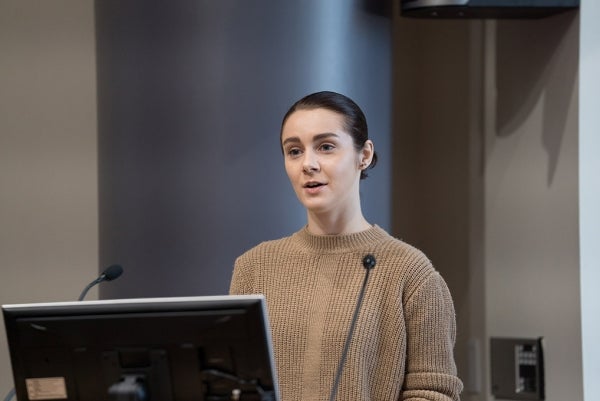
Hanna E. Morris conducted a study of absence in her project, entitled “Mediating Absence: Recognizing Transhistorical Trauma in British Columbia.” She considered how the work of four Indigenous artists – Tania Willard, Marianne Nicolson, Tarah Hogue, and Wanda Nanibush – invoke recognition of the transhistorical traumas of global warming and global conquest.
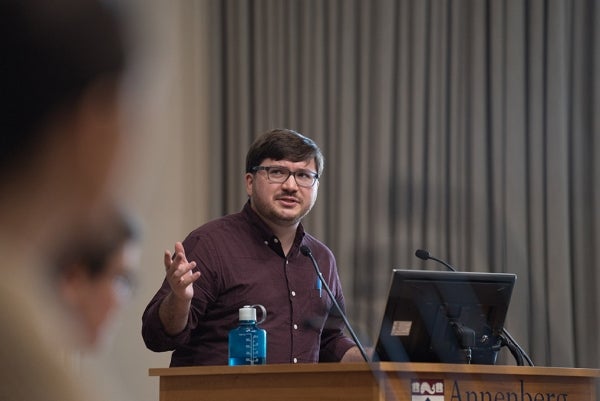
In his project, John Vilanova explored Music Waste, an alternative music festival held annually in Vancouver. Entitled “Music Waste: DIY Anti-Media and the Politics of Vancouver’s Independent Music Scene,” his ethnographic project considered the roles media play in music festivals, what a music festival with no money-making agenda looks like, and the significance of Vancouver's music scene and the battle for urban space.
Following the presentations, the students received questions from those in attendance — composed of faculty, staff, and other students.
SummerCulture 2018 will be held in Berlin from May 29 - June 9. Entitled "Mediating Visual Memory of Conflict, War, and Genocide in Berlin Across the Holocaust and the Cold War," the program will be co-taught by Professor Barbie Zelizer and Marcus Funk, Associate Professor of History and Director of Graduate Studies at the Zentrum für Antisemitismusforschung, Technische Universitat Berlin. Applications are due by November 4; please contact Emily Plowman for more information.



